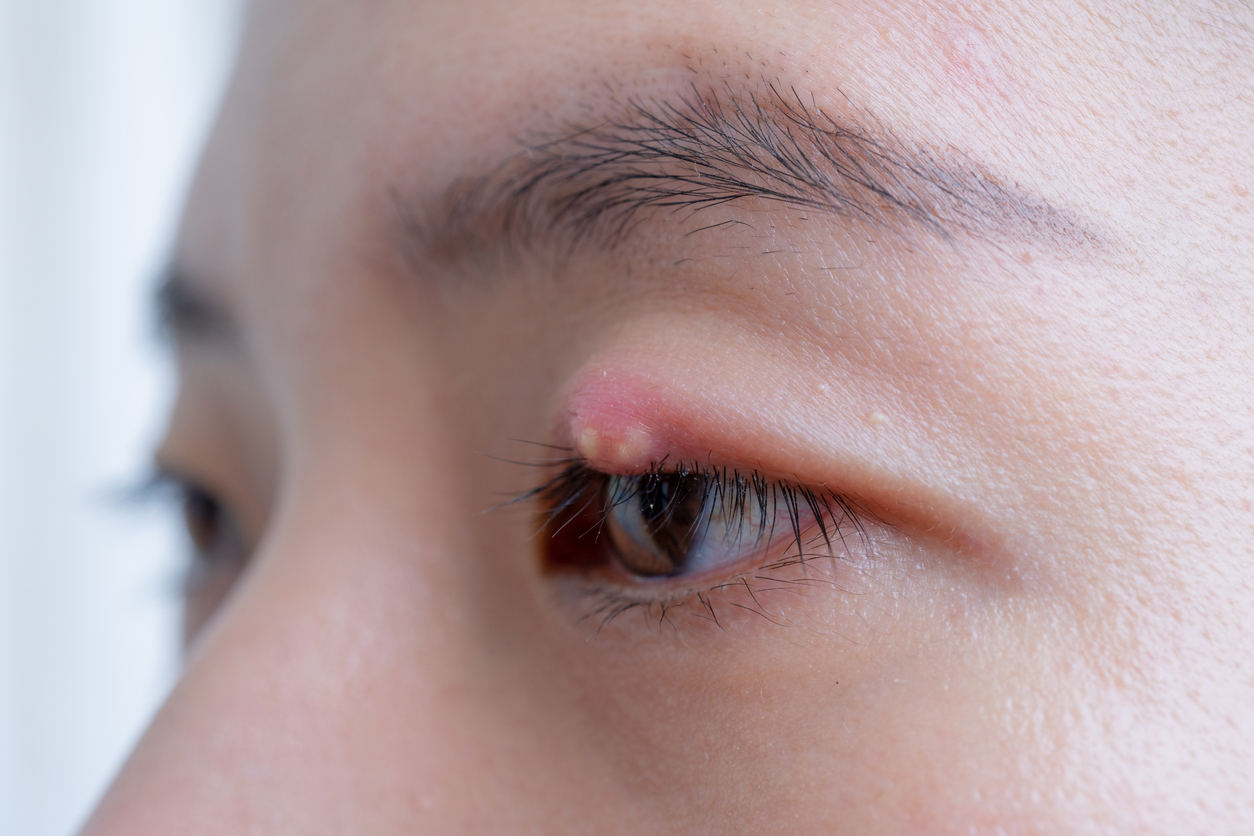Boils
Boil Dermatologist in Dallas, TX
Boils are a very common skin condition caused by a skin infection that occurs around an oil gland or hair follicle. They begin as a red lump but as white blood cells collect under the skin, a red, painful, pus-filled bump forms on the surface. A boil is also referred to as an abscess (if it’s large), a stye (if it’s on the eyelid), or a carbuncle (if a few boils are grouped together).

Symptoms
Boils are usually small but can grow as large as baseballs. Other common symptoms include:
- Swelling
- Redness
- Pain
- A white or yellow center
- Oozing pus or crusting
- Fever
- Fatigue or general malaise
Causes
Staph bacteria (Staphylococcus aureus) are the cause of most boils. For the healthy individual, these bacteria normally live on your skin or in your nose but when you get a cut, scrape or an object breaks your skin, the bacteria can enter a hair follicle. This causes an infection and the boil that forms is the result of your body’s immune system trying to get rid of the bacteria. Hair follicles can be located anywhere on your body but most of the time boils are found in areas where there is a lot of hair, sweat, and/or friction, such as the:
- Neck
- Chest
- Back
- Face
- Armpits
- Buttocks
- Thighs
Anybody can develop a boil but your risk is increased if you come into contact with an infected person, have acne, eczema, or other skin conditions, diabetes, or a weakened immune system.
Treatment
Luckily, most boil can be treated with at-home care. Warm moist compresses can help the boil open and drain. Be sure to keep the area clean and bandaged but resist the urge to pop your boil as this could make the infection worse.
However, if you do not see improvement after one week of at-home care, call your dermatologist. You should also call your doctor if your boil is very large or especially painful, recurrent, you have a fever, or red streaks are coming from the sore. Your dermatologist may decide to treat your boil by draining it in-office and may prescribe antibiotics or steroid shots to promote healing.
Prevention
The best way to prevent boils is good hygiene! Wash your hands thoroughly and often or use alcohol-based hand sanitizer. Carefully clean any cuts, scrapes or other wounds and keep them properly bandaged.
